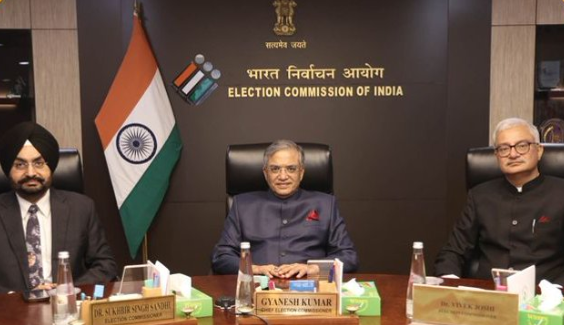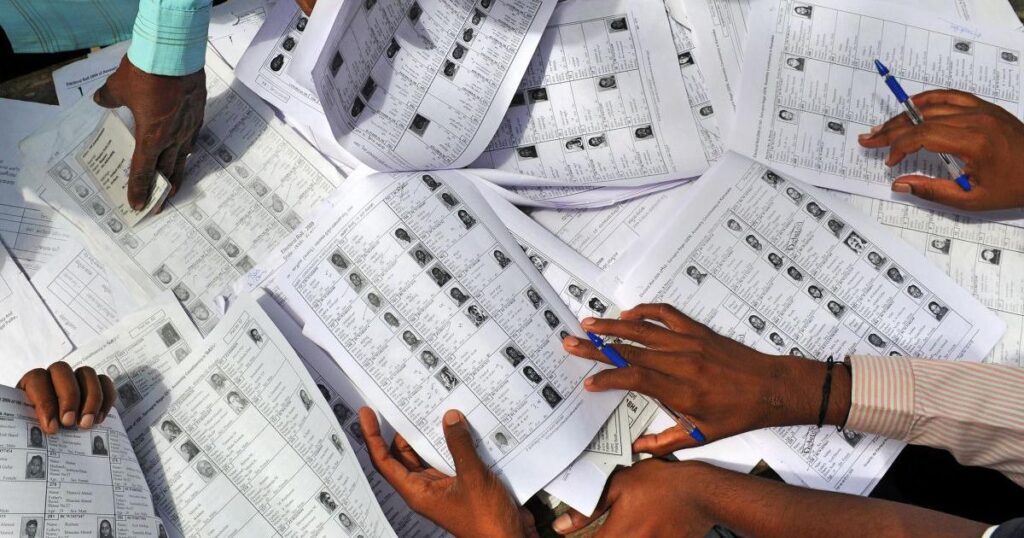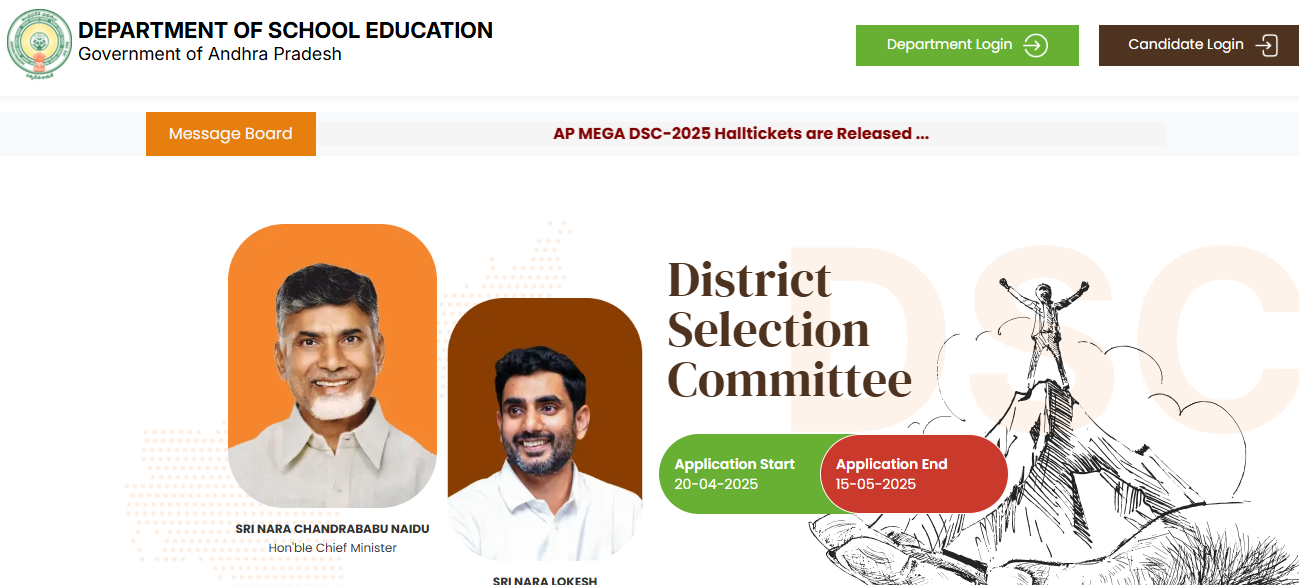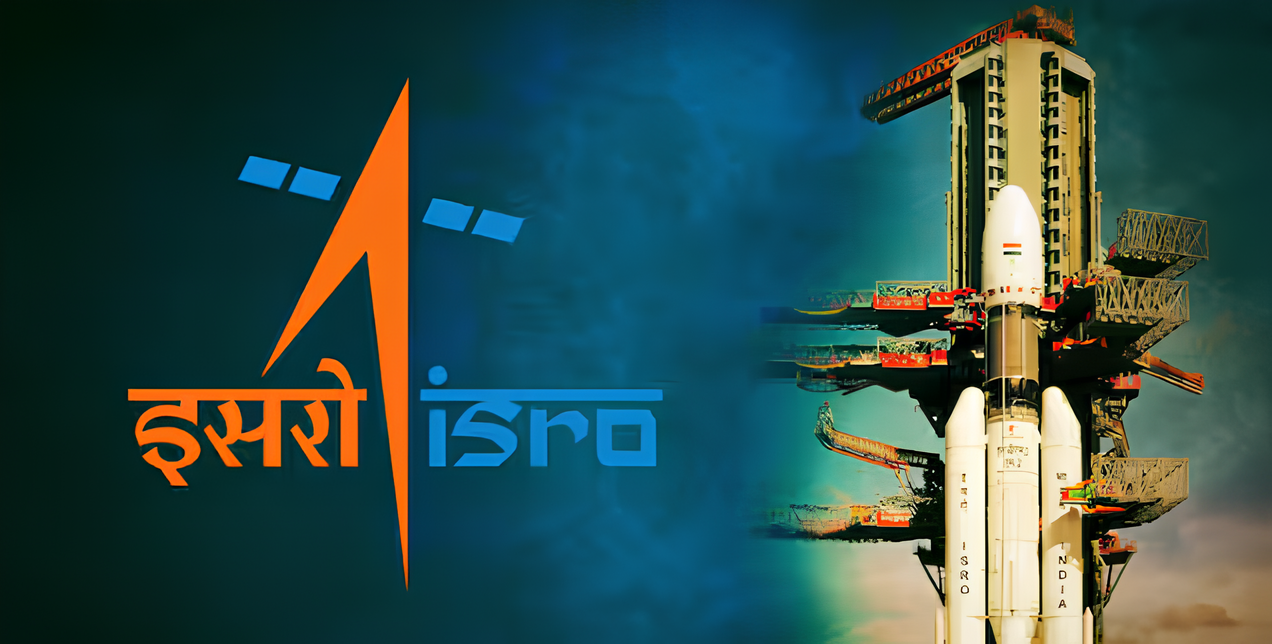Fake Voters | New Delhi: The debate over India’s electoral integrity has exploded into a nationwide controversy, with allegations of “fake voters” dominating political discourse. As multiple states prepare for crucial elections, accusations of manipulated voter lists, duplicate entries, and fraudulent Electoral Photo Identity Cards (EPICs) are creating a storm that could shape the political narrative for months to come.
The Spark: Karnataka’s 1 Lakh “Fake Votes” Claim
The controversy gained national attention when Congress leader Rahul Gandhi accused the Bharatiya Janata Party (BJP) of benefiting from over 1,00,250 “fake votes” in the Mahadevapura Assembly constituency of Karnataka. Gandhi alleged that this inflated voter count played a decisive role in the BJP’s victory in the Bangalore Central Lok Sabha seat in the 2024 general elections.
According to his claims, the irregularities included:
- Duplicate names registered multiple times in different polling stations.
- Invalid residential addresses that do not exist on the ground.
- Mass entries at single addresses, raising suspicion of bulk fake registrations.
- Misuse of Form 6 — the voter registration form — to add ineligible voters.
Congress leaders presented this as evidence of a systematic manipulation of the electoral rolls.
Election Commission Pushes Back
The Election Commission of India (ECI) quickly dismissed the allegations as “unsupported and misleading” unless backed by verifiable proof. In a sharp rebuttal, the EC pointed out that the same voter rolls were used by the Karnataka government for its caste census — a move seen as challenging the credibility of the Congress claims.
The Commission has formally sought a declaration from Rahul Gandhi, asking him to either produce documentary evidence or withdraw his allegations. EC officials have stressed that all additions and deletions in voter lists follow strict verification protocols under the Representation of the People Act.

Bihar: Tejashwi Yadav and the “Fake EPIC” Notice
In Bihar, the debate took a new twist when Rashtriya Janata Dal (RJD) leader Tejashwi Prasad Yadav was served a notice to surrender an Electoral Photo Identity Card (EPIC) that the EC has termed “fake.”
- The disputed EPIC number, RAB2916120, does not match any entry in the commission’s records.
- Yadav’s valid card, RAB0456228, is correctly listed in the voter rolls.
- The EC has set August 16 as the deadline for Yadav to return the disputed card and explain its possession.
The incident has triggered political sparring in Bihar, with opposition leaders claiming harassment and ruling party members calling it a “serious breach of electoral norms.”
West Bengal: FIRs Over Bogus Entries
In West Bengal, tensions have flared between the state government and the Election Commission over the Special Intensive Revision (SIR) of electoral rolls.
- The EC has filed FIRs against officials allegedly involved in adding bogus names to the voter list.
- The state government has raised objections to the revision process, claiming it could lead to wrongful deletions.
- A compliance report from the state is still pending, further deepening the standoff.
Political analysts say West Bengal’s case shows how administrative disputes over voter rolls can quickly escalate into political battles.
Political Firestorm and Public Concerns
The fake voters controversy has become a tool for political attack and defense.
- BJP leaders have dismissed the allegations as “desperate politics” by the opposition.
- Congress leaders argue they are exposing a systemic threat to democracy.
- Regional parties accuse both national parties of manipulating voter data when in power.
For the public, the controversy raises two major fears — that ineligible voters could decide election outcomes, and that genuine voters could be unfairly removed from the rolls due to overzealous verification drives.

Historical Pattern of Voter List Disputes
This is far from the first time India has seen such disputes.
- 2023 Karnataka Assembly Elections – Allegations surfaced that a private agency illegally collected voter data and deleted genuine names, allegedly to favor certain parties.
- 2018 Madhya Pradesh – Opposition parties claimed over six million fake names were on the electoral rolls.
- 2005 Bihar Elections – Several constituencies saw cases where one voter ID was linked to multiple names.
These incidents show that disputes over voter rolls are a recurring challenge in India’s electoral system, which has to manage over 950 million registered voters.
Expert Analysis: Systemic Flaws vs. Political Spin
Election experts highlight that while the EC has strong legal frameworks to maintain clean rolls, the sheer scale of the exercise leaves room for errors — both intentional and unintentional.
- Genuine mistakes: People move houses, change names after marriage, or die without deregistration.
- Political misuse: Local-level manipulation by party workers to add supporters or remove rivals’ voters.
- Verification challenges: In rural and migrant populations, proof of residence can be hard to produce, leading to both fake inclusions and wrongful deletions.
Analysts warn that the current political polarization risks turning every administrative discrepancy into a “scandal,” further eroding public trust.
The Road Ahead
With assembly elections in Bihar, West Bengal, and other states scheduled in the coming months, the fake voters issue is likely to remain in the headlines. The Election Commission is under pressure to demonstrate both transparency and impartiality in its actions.
Public confidence in India’s democratic process will depend on whether the EC can convince citizens that voter lists are accurate, fair, and free from political influence.
Until then, the debate over “fake voters” is set to remain one of the most heated — and consequential — political stories of 2025.





